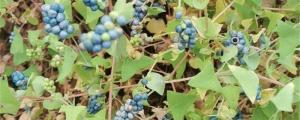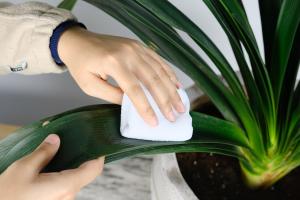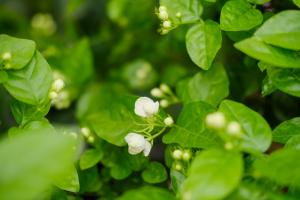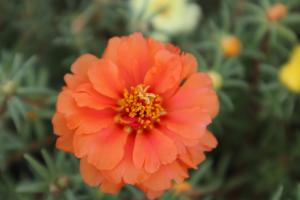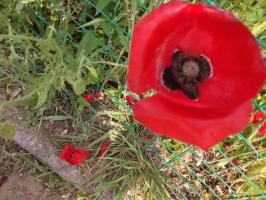1. Preparation before pollination
First, select two flower buds that bloom almost at the same time, and pay attention to distinguish between stamens and pistils. The part where it spits out small dew drops is the stigma of the pistil, through which the pollen will be transported to the ovary to complete the pollination process
When the bud is fully opened on the second or third day, the stigma will emit small dew drops, which is the same as exploding the pulp. We'd better pollinate at this time. Early or too late will lead to pollination failure. The Yellow explosion head on the outer ring of the flower is the stamen. When taking pollen, you must wait until it explodes
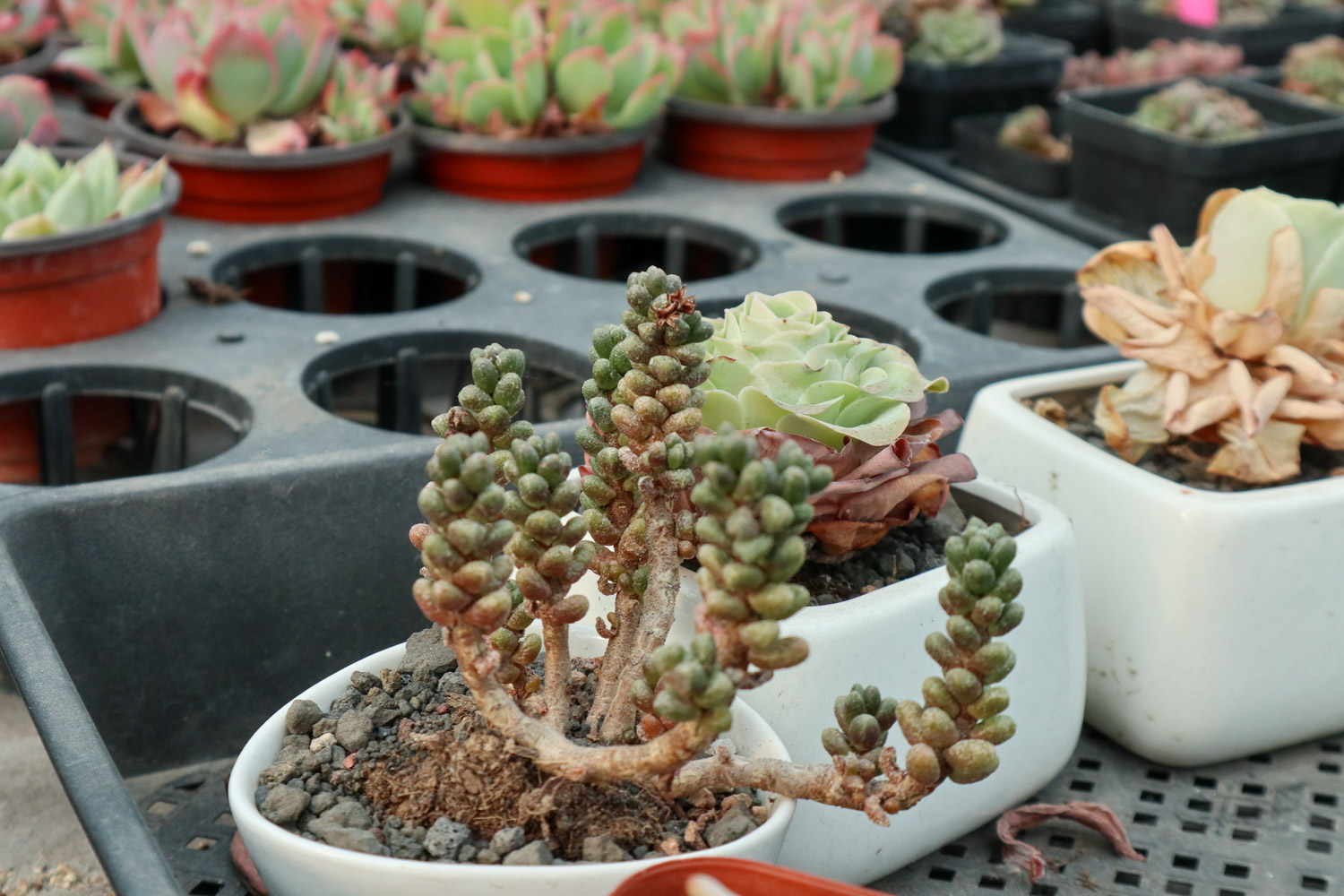
2. Pollination steps
Some flowers have small openings. In order to make pollination more convenient, the calyx and petals around the flowers need to be cut off. At the same time, in order to avoid giving its own pollen to its own stigma, the stamens should also be cut off and put aside for use. Without the cover of sepals, the success rate of pollination is greatly improved, and the impurities on the calyx will not affect the collection of seeds
Most succulent plants cannot self pollinate, so the stamens cut from the two flowers should be numbered to prevent confusion. Stamen 1 pollinates style 2 and stamen 2 pollinates style 1. Wipe the cut stamen No. 1 on the stigma of flower No. 2 to make the pollen cover it evenly until the existence of pollen can be clearly seen. If there is honey on the stigma, remove the honey first and then pollinate. After these steps, the pollination process is basically completed
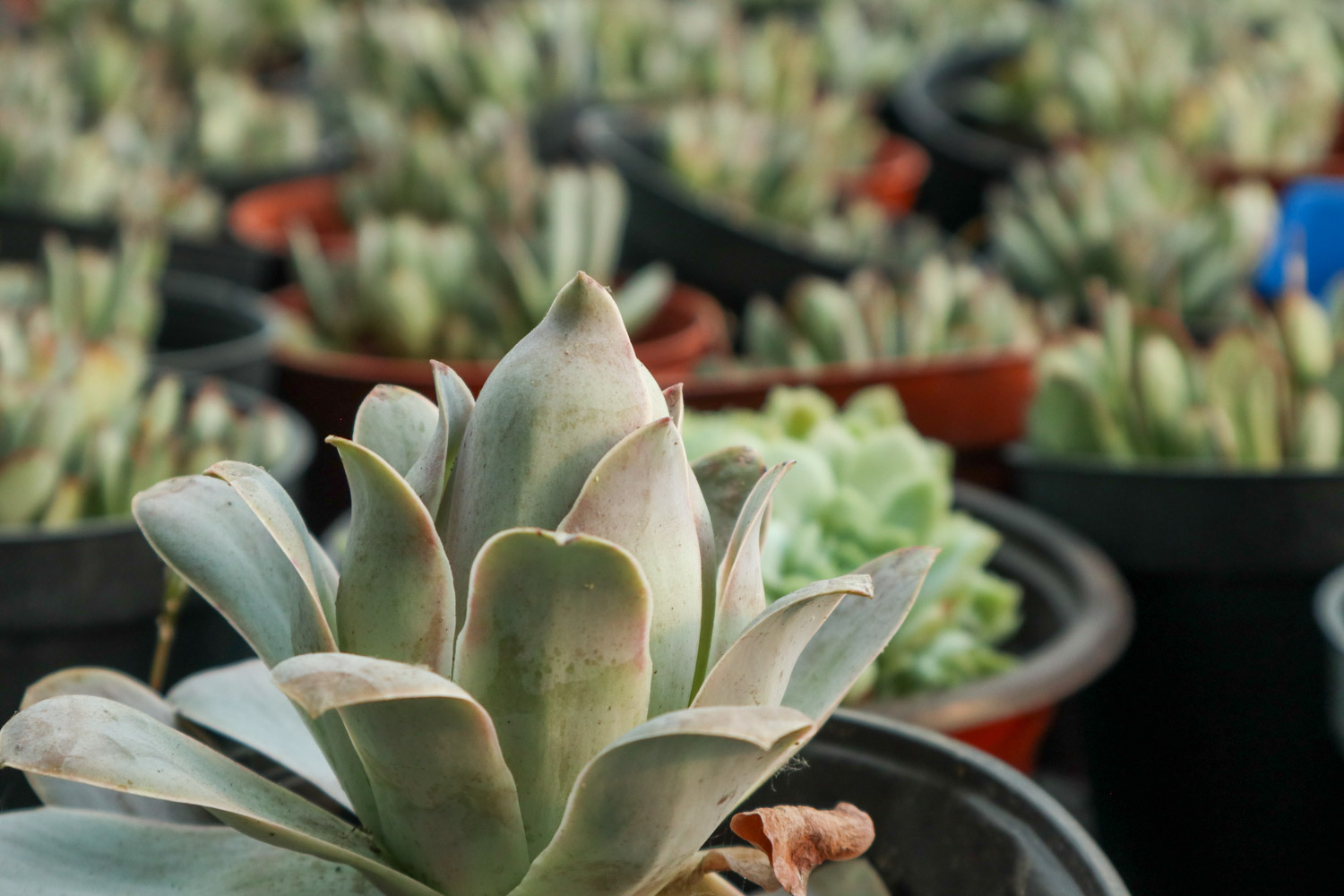
3. Wait for the seeds to mature
After pollination, you can only wait for the seeds to mature slowly. After successful pollination, the seed pod will slowly crack with the improvement of its maturity, and the seeds will be properly exposed. When the time comes, they will fall naturally. You can place a box under the seed pod to collect the fallen seeds
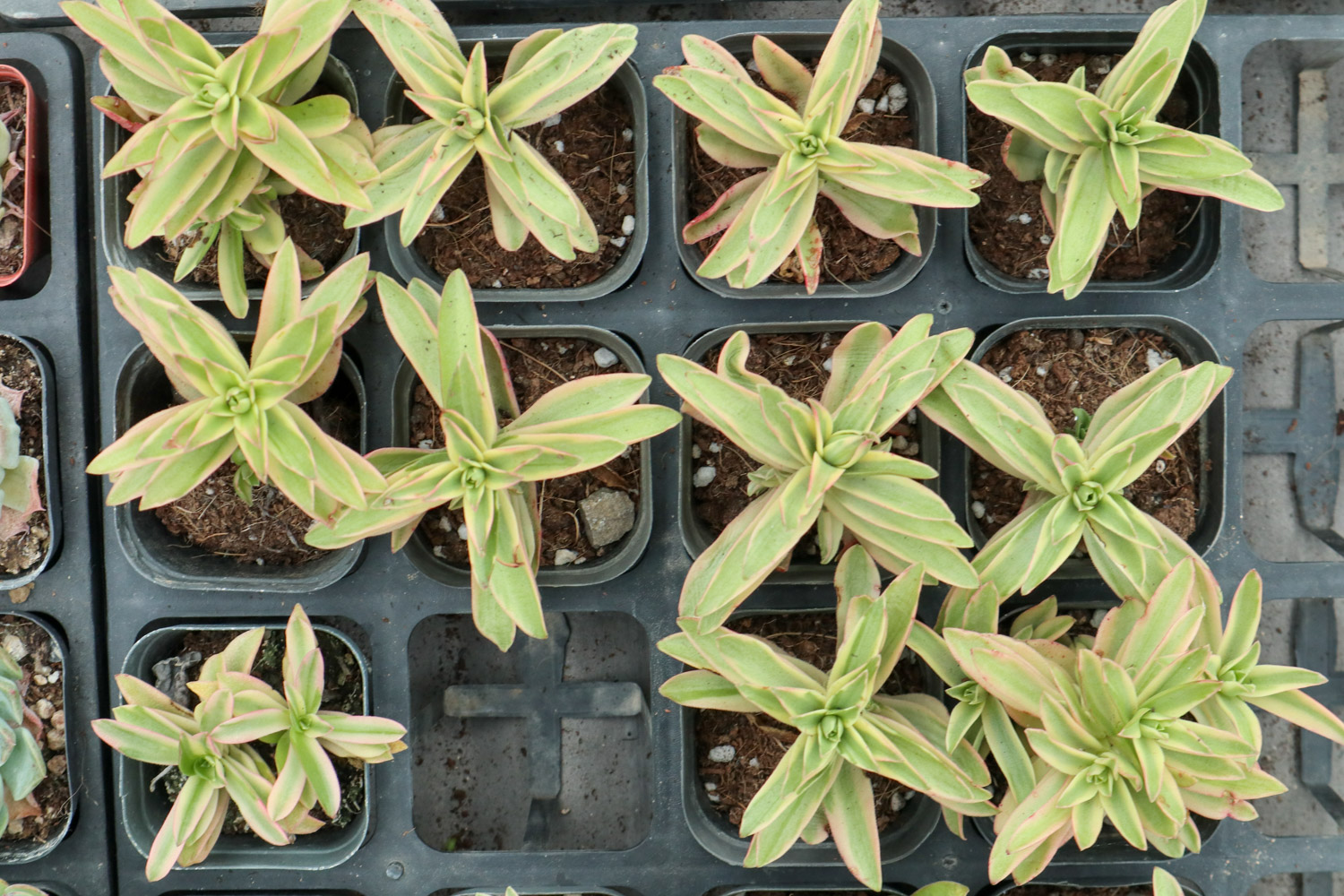

 how many times do yo...
how many times do yo... how many planted tre...
how many planted tre... how many pine trees ...
how many pine trees ... how many pecan trees...
how many pecan trees... how many plants comp...
how many plants comp... how many plants can ...
how many plants can ... how many plants and ...
how many plants and ... how many pepper plan...
how many pepper plan...
